Whoa. Two weeks since my last post! Not good. My kids are back in school and I’ve been up late at night doing other stuff, I guess. I am halfway through two books – My Sunshine Away and Did You Ever Have A Family, so expect some reviews soon.
Meanwhile, I interrupted my adult reading to read our first Mother-Daughter Book Club book of the year: Mockingbird by Kathryn Erskine. This book ended up on our club reading list because it was one of the summer reading recommendations from my daughters’ school. Mockingbird is about an 11 year-old girl, Caitlyn, who has Asperger’s Syndrome. Her beloved older brother Devon was killed in a school shooting, and her father, a widower, is deep in his own grief. Caitlyn is trying to process what happened to her brother and make it through the 5th grade with her limited emotional vocabulary, without a whole lot of support.
Mockingbird is a good middle-grade introduction to Asperger’s and spectrum disorders. Caitlyn’s syndrome manifests in a number of ways: she is extremely literal, she has trouble reading other people’s emotions through body language, she’s not empathetic, she hates loud noises and finds colors “messy”, and she likes memorization and definitions. Caitlyn’s school counselor spends a lot of time trying to get Caitlyn to make friends and understand how others are feeling. Over the course of the book, Caitlyn makes some progress on these fronts, and she and her father begin to connect and share in their grief.
Our book club conversation ended up changing my feelings about the book. One of the moms/daughters in our club has a family member with autism, and they explained that the book oversimplified several components of spectrum disorder and didn’t give an accurate picture of what someone with autism is really like. They took issue with some of the therapies Caitlyn’s counselor used to help her understand other people’s emotions, finding them patronizing and insulting. To be fair, Caitlyn has Asperger’s, which is high-functioning autism, and the author has a daughter with Asperger’s so she was clearly basing the character on her real-life experience. But my friend’s and her daughter’s reactions did color my view of the book. Also, I was bothered by the way that Caitlyn’s guidance counselor kept trying to “fix”or change her, rather than accepting Caitlyn for who she was and helping her navigate the world as Caitlyn.
The girls found Mockingbird to be very sad. They felt sorry for Caitlyn and her father, and were touched by the friendship Caitlyn developed with a younger boy who had also lost a family member in the same shooting. The book was appropriate for 5th-6th grade and held their attention. I found it very sad and compelling as I was reading it, but took issue with the end goal, which was to “fix” Caitlyn rather than work within her limitations.






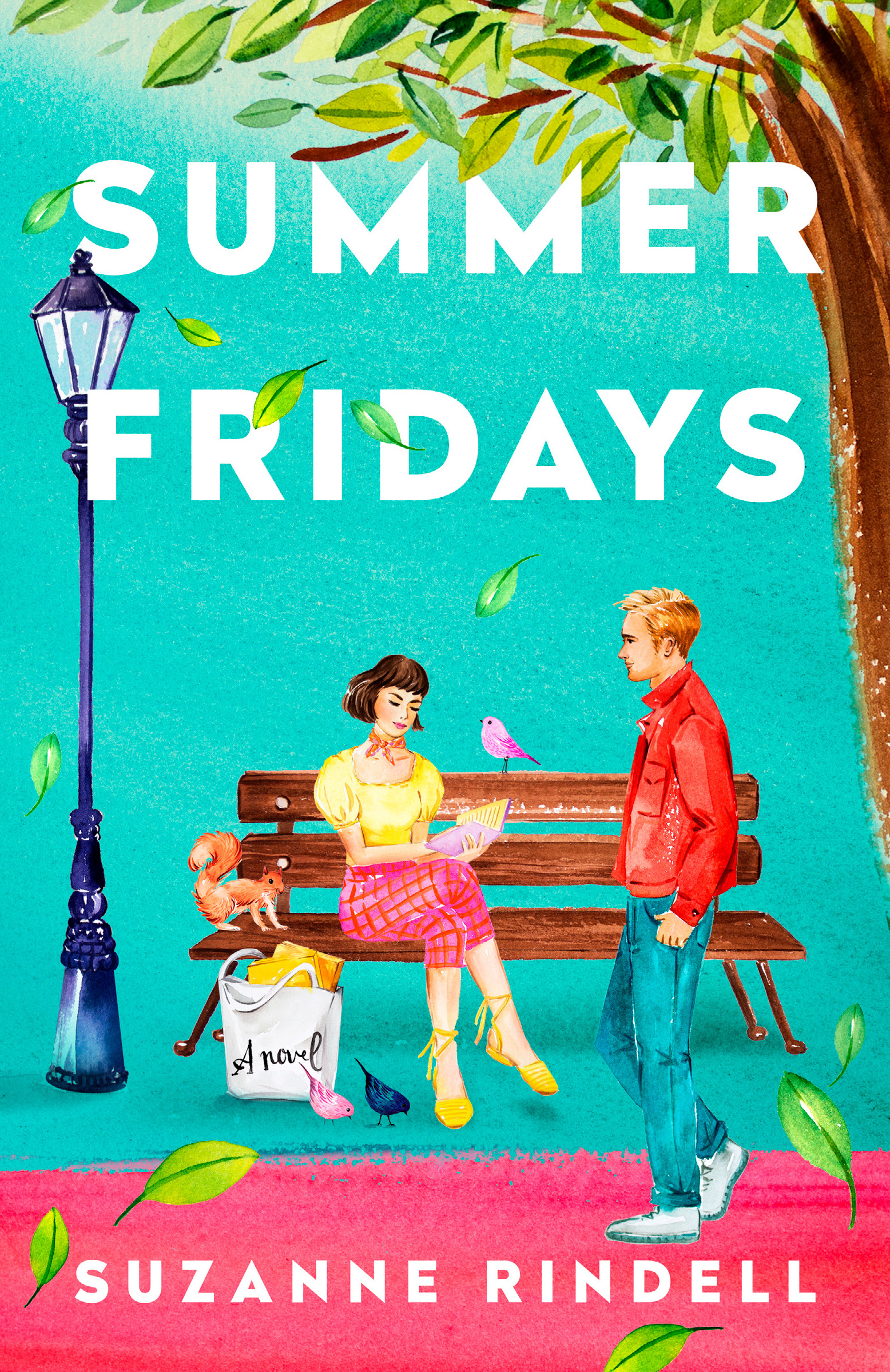

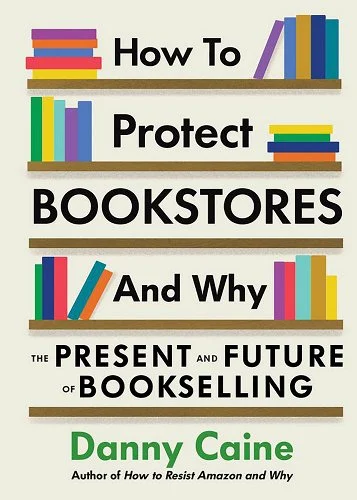
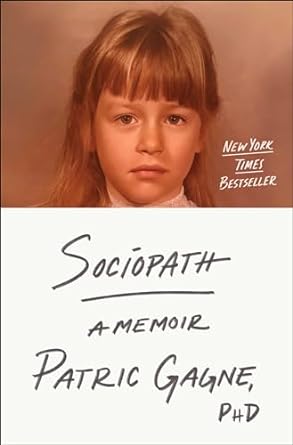
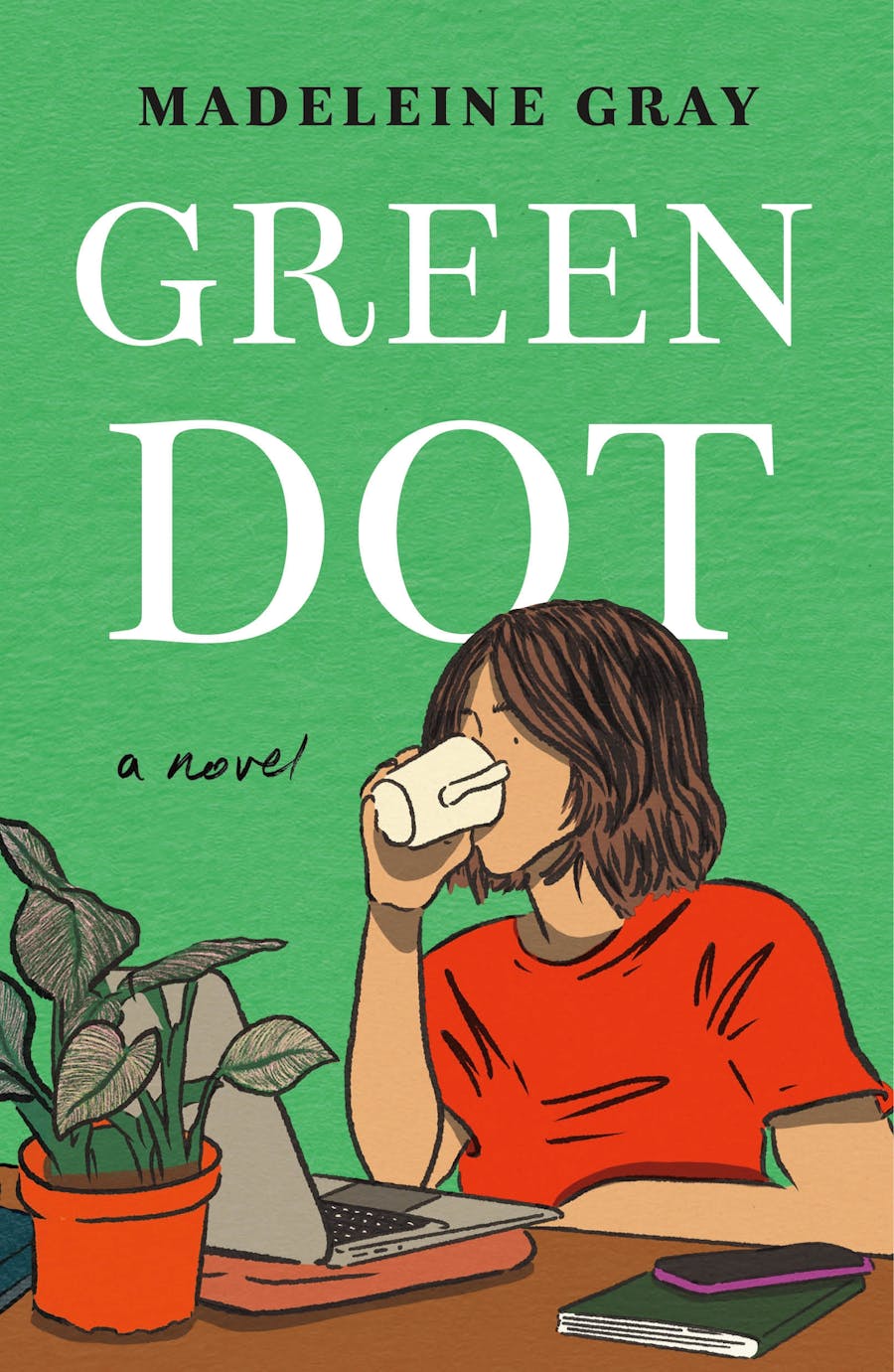


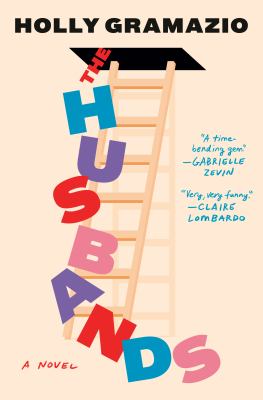
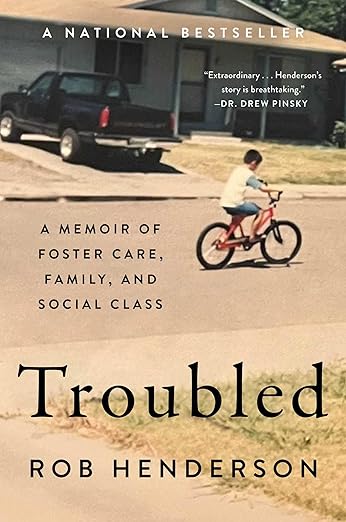
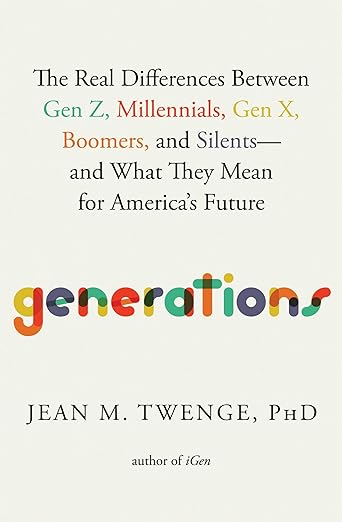
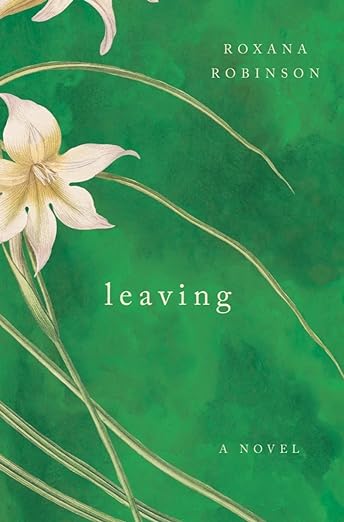

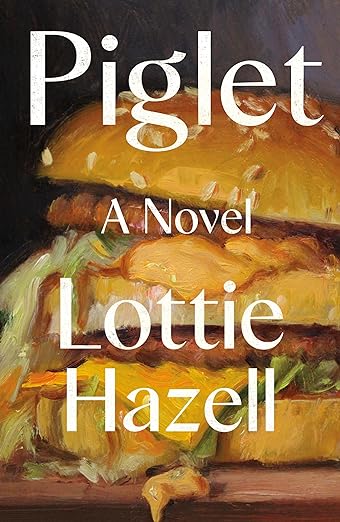
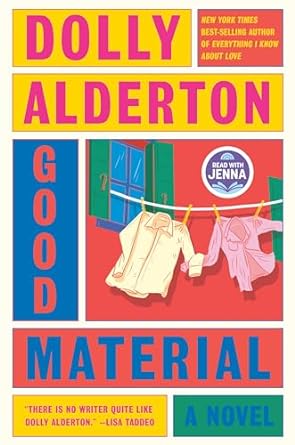
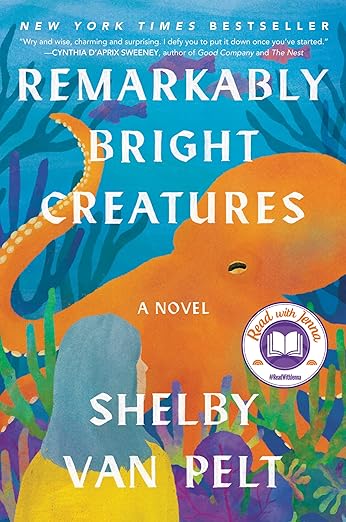
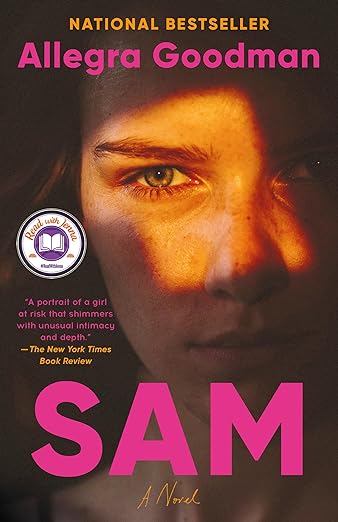
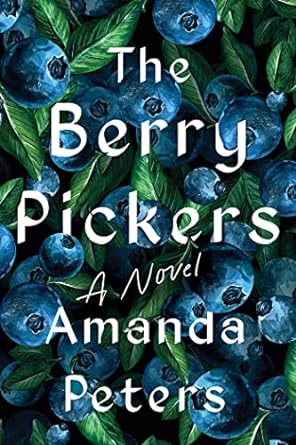
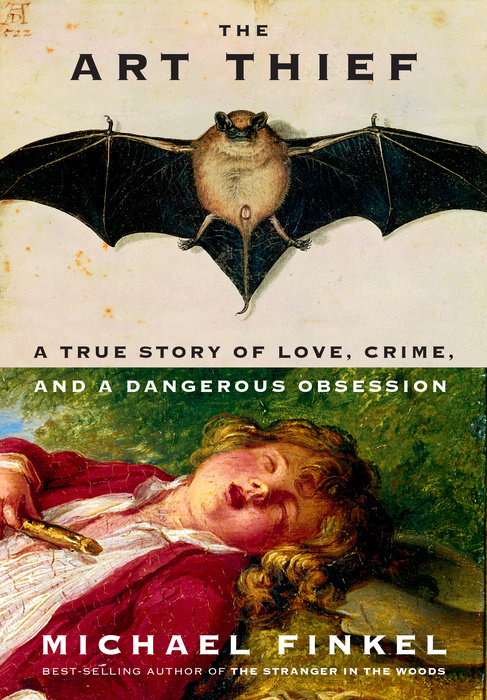
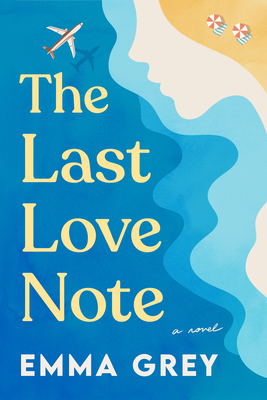
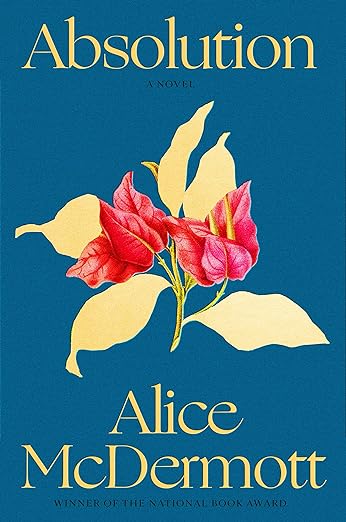
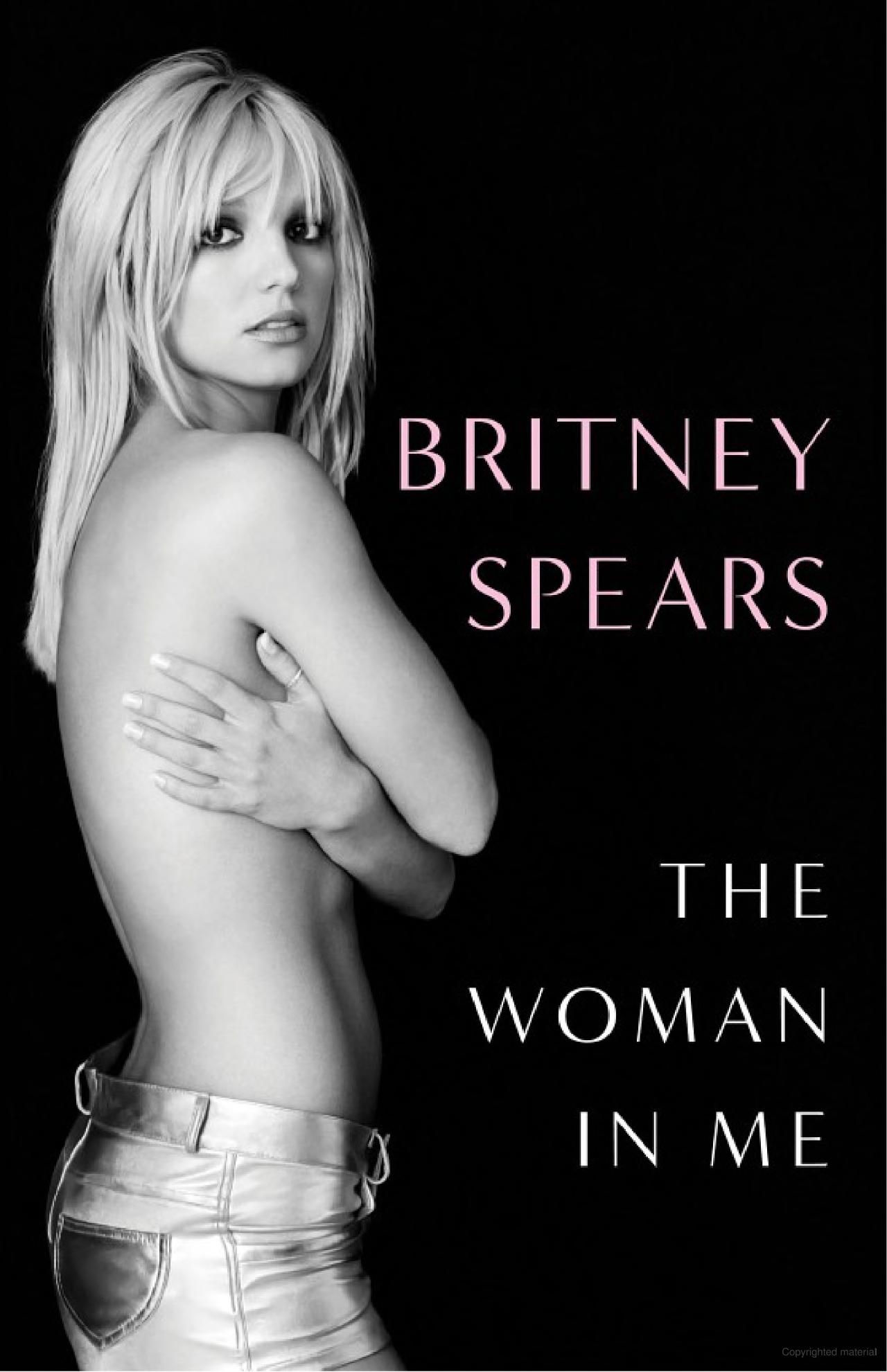
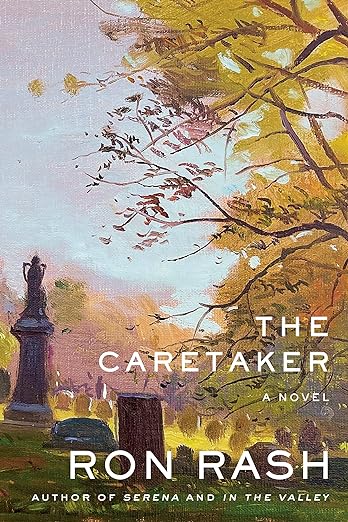
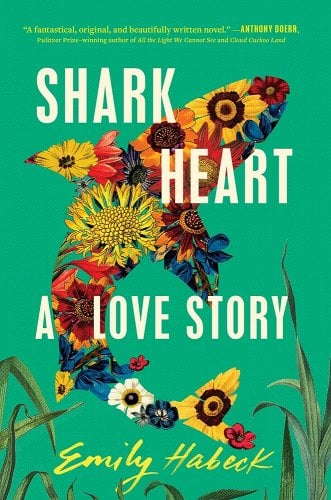
About Me
I have been blogging about books here at Everyday I Write the Book since 2006. I love to read, and I love to talk about books and what other people are reading.